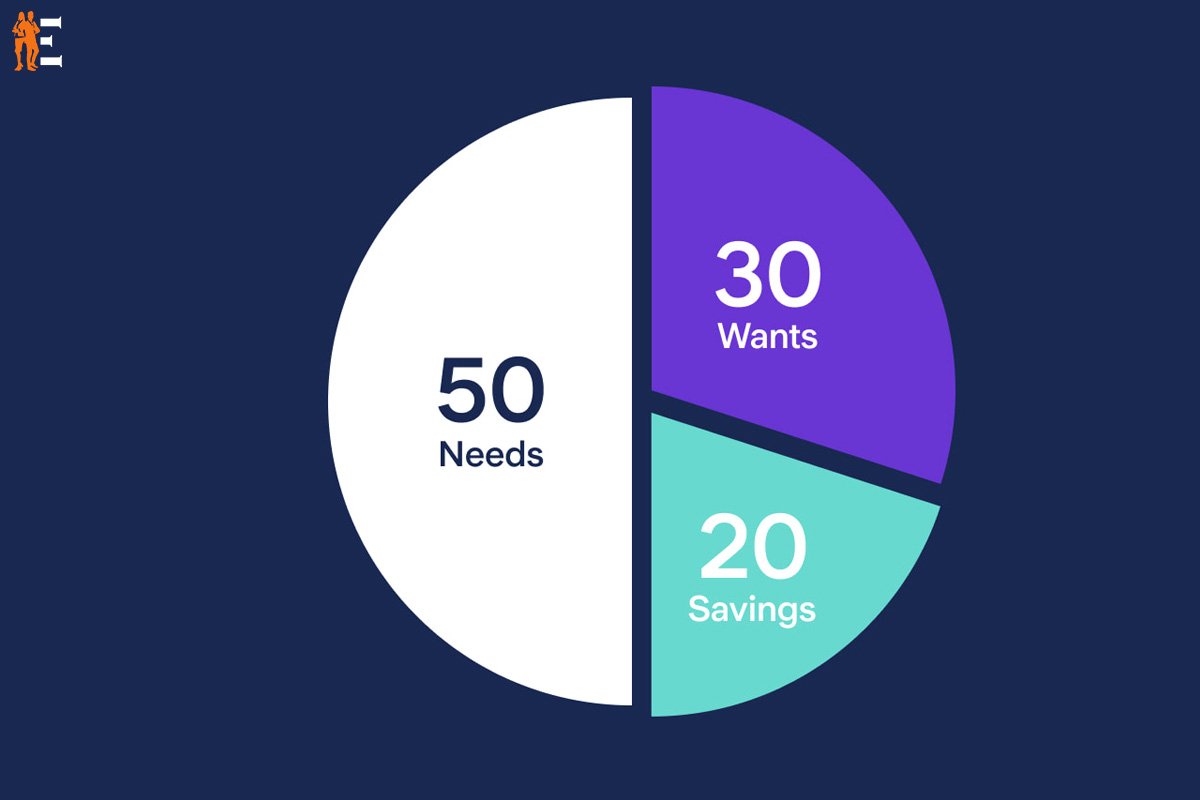How Can I Save Money Each Month? It is a good idea to have a general notion of your objective before deciding on the amount of money you want to save money each month. The first thing a beginner saver needs is an emergency fund, which may be used to cover both relatively modest financial setbacks (such as the boilers, MOTs, and all-conquering ETs listed above) and more significant financial catastrophes, such as the loss of a job.
The majority of financial advisors agree that you should have an emergency fund equivalent to at least three months’ worth of your pay, and others believe that this number should be as high as six months’ worth of salary. You should not worry about it since you do not have to put everything away all at once. You may build your way up to it in a methodical and steady manner.
When you’ve gotten your buffer under control, you may start putting money away for more specific purposes. This might be anything from a new wardrobe or a vacation to a down payment on a home or retirement savings. Although putting money down for shorter-term objectives might help you keep out of debt by preventing you from using credit to buy items, putting money away for longer-term goals can provide you with more long-term stability.
whatever it is that you are able to afford. Some individuals recommend setting aside a certain amount of your annual income, such as ten or twenty percent. Unfortunately, this is not usually the most effective strategy for reducing expenses. When it comes to your monthly savings, you may figure out how much money goes toward the necessities in your life, such as the payments on your rent or mortgage, the repayments on your school loans, and any of the other annoying unavoidable things that eat a significant chunk out of your earnings.
Your discretionary income is a key factor in determining how much money you will have available for savings; however, you won’t be able to determine how much discretionary income you have until you have completed your budget.
How Much Should I Save Money Each Month?
When it comes to the question of how much money you should put away every month, there is no straightforward answer. It is dependent on a variety of aspects, including your age, income, and objectives. The “50/30/20” method, on the other hand, may provide you with a broad notion of how much of your income you should put away in a savings account.

According to a well-known rule of thumb, you should allocate fifty percent of your after-tax income to covering necessities (such rent and utilities), thirty percent to satisfying desires, and twenty percent to paying down debt and putting money away for the future.
Let’s take a look at how it breaks down for someone who has a monthly salary after taxes of $4,000, shall we?
- Wants: $2,000 (or half of current income)
- Needs: $1,200 per month (or 30 percent of income)
- Eight hundred dollars goes toward paying off debt and savings (20% of income).
The 50/30/20 technique, like any other piece of financial advice, won’t work for everyone. Putting down twenty percent of each paycheck can be too much for some people and not enough for others. It’s possible that you won’t be able to reach that % until you’ve had a few increases if you’re just starting out in your profession and live in an expensive part of the country.
In addition, if you are already behind on your retirement savings, you need definitely save money each month more than twenty percent of your salary in order to get caught up. You may use a savings calculator to see how long it will take you to reach your monetary objectives by inputting the specific figures and playing about with the calculator.
How Can I Save Money Each Month?
To improve your save money each month rate, you will need to either raise the amount of money you bring in or reduce the amount of money you spend. If you are able to accomplish both, it is even more desirable. Here are various approaches to doing that action:
1. Keep tabs on your expenditures.

Discovering the destinations of your cash is an important step in regaining command of your financial situation and save money each month. You may keep track of your spending either manually by looking through your bank statements or automatically by using a budgeting tool that will do it for you.
2. Automate savings.
“Paying yourself first” refers to the practice of putting money into savings as soon as it is earned, rather than waiting until you have the opportunity to spend it. The best online savings accounts simplify the process by providing convenient features such as automated transfers, round-ups, and the option to have a certain amount of each paycheck automatically sent into savings. Automating savings is the best way to save money each month.
3. Get rid of your debt.

When you have a lot of debt, it may eat away at your income and reduce your capacity to save money each month for the future. Prioritize the repayment of any debts with the highest interest rates. As soon as you’ve done that, you’ll be able to start putting the money that was going toward paying off your debt into your savings account instead.
4. Negotiate a raise.
Getting a pay bump indeed is one of the fastest ways to build up your savings, but only provided you put that extra money away and don’t let your lifestyle gradually become more extravagant.
5. Make some extra cash on the side.
Try generating money on the side by developing passive income streams if you are unable to boost your income via more conventional means of work. Making extra cash on the side is the best way to save money each month.
Read More: 10 Basic Steps to Reach Your Financial Goals











